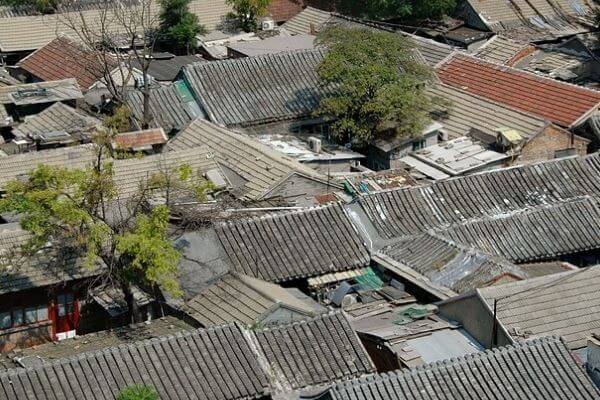
This is the second local government in China to establish a personal bankruptcy system.
The High People’s Court of Zhejiang Province releases the Guidelines for Courts in Zhejiang Province on the Centralized Liquidation of Personal Debts (Quasi Personal Bankruptcy) (for Trial Implementation) (the Zhejiang Guidelines, 浙江法院个人债务集中清理(类个人破产)工作指引(试行)), and circulates the reports on the centralized liquidation of personal debts and typical cases among all courts in Zhejiang Province.
Prior to this, Shenzhen Municipality has formally established a personal bankruptcy system. It is worth noting that Shenzhen Municipality and Zhejiang Province are the two of most economically developed regions in China.
There are 61 articles in the Zhejiang Guidelines, including 11 chapters, namely Basic Principles, Jurisdiction, Application and Acceptance, Property Declaration, Administrator, Investigation and Verification of Property, Declaration of Creditor’s Rights, Meeting of Creditors, Debt Settlement, Termination of Procedures and Liabilities.
The system aims to establish an effective mechanism that distinguishes a dishonest debtor who has the capacity to perform but refuses to discharge obligations provided by the binding legal instrument from an honest but unfortunate debtor, and gives the latter a relatively lenient solution while compelling the former to discharge his/her obligations stringently.
The system is applicable to local natural persons who meet specific requirements in Zhejiang Province. Sole proprietors may refer to the Zhejiang Guidelines for debt centralized liquidation.
Contributors: Yanru Chen 陈彦茹









